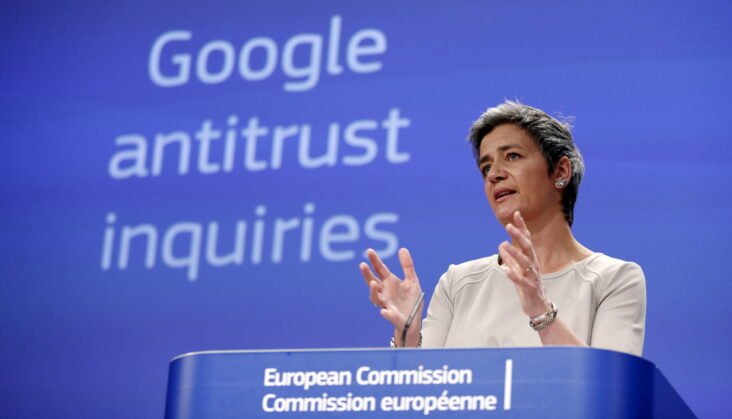[ad_1]
In a statement, the Commission said Google “raises platform customer acquisition costs and favours large, often global, platforms. Preferential placement of their own specialist search units also distorts competition in Google’s favour.”
In this way, Google has created a system that favours large companies with the financing to pay for premium advertising space regardless of relevance.
The inquiry revealed that: “Across all platforms there is a tendency to sell top ranking search positions to businesses which are not the most relevant to the consumer and constitute a form of advertising that is not transparent. This impacts on consumer choice and competition, especially for SMEs that cannot spend as much as large businesses.”
The organisation says paid-for results should be displayed clearly as advertising, with the top of the search page reserved for relevant content only.
This begs the question of whether US tech giants are monopolising the continent’s relaxed regulations surrounding technology.
Cheaper havens
The inquiry also criticised the global giant for exploring tax competition and havens to pay lower tax rates. They said: “One concern with the tax arrangements of global digital companies is that the country where the income is sourced are denied the tax payments where global platforms use domicile arrangements to pay in another jurisdiction typically at a lower rate.”
In many countries, including the UK, high-profit companies like Amazon were found to be paying significantly lower tax, despite making huge profits.
Tech red tape
The large US tech giants have all recently come under increasing scrutiny as the conversation around tech regulation grows.
Laws around data protection and privacy are fairly rudimental due to the contemporary nature of companies like Google and Facebook. In May 2022, the Competition and Markets Authority (CMA) in the UK launched its second investigation into Google’s advertising practices. Like the South African Commission, the CMA believes that Google is distorting ad competition in the country and perhaps may have been favouring its own services.
In 2015, the EU Competition Commission accused Google of distorting internet searches in their favour once again.
Many critics question the power that such companies hold in modern society, with the reach and vast data collection that these organisations have access to.
Google is notorious for poor data protection practices.
Analysis website “Terms of Service; Didn’t Read” which looks at the terms of service for online organisations and tech companies rates the giant E. It says the company stores data on online users even if they do not interact with the service and can even read your private emails. They said, “For example, users might provide access to their address book, after which a service might also store the phone numbers of that person’s contacts.”
Facebook outsourcing Sama also came under scrutiny this year after outsourcing their moderation offices to Nairobi, among other cities around the world, paying employees low wages whilst exposing them regularly to violent and traumatising content.
[ad_2]
Source link
